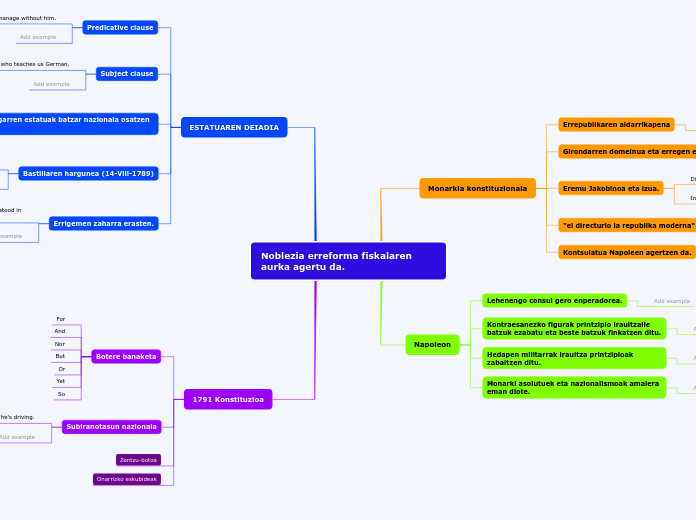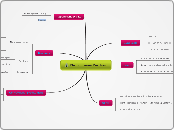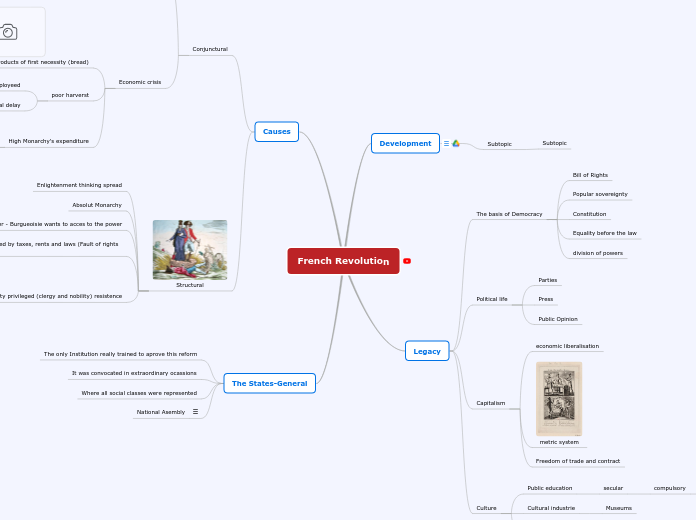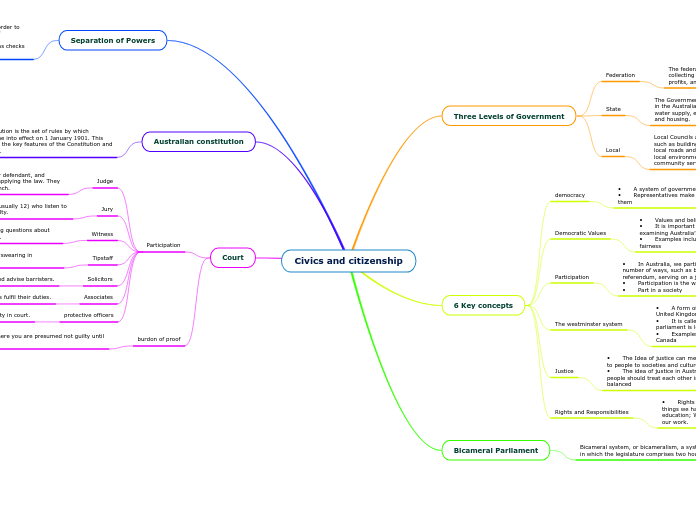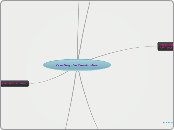Noblezia erreforma fiskalaren aurka agertu da.
In linguistics, syntax is the set of rules, principles, and processes that govern the structure of sentences in a given language, usually including word order.
1791 Konstituzioa
A compound sentence is a sentence that has at least two independent clauses joined by a comma, semicolon or conjunction. An independent clause is a clause that has a subject and verb and forms a complete thought.
Onarrizko eskubideak
Zentzu-botoa
Subiranotasun nazionala
Create your own compound sentences, using the coordinators above.
Tim is tired, yet he's driving.
Botere banaketa
When independent clauses are joined with coordinators (also called coordinating conjunctions), commas and semicolons, they do more than just join the clauses. They add meaning and flow to your writing.
So
Yet
Or
But
Nor
And
For
ESTATUAREN DEIADIA
A complex sentence is a sentence that contains an independent clause and one or more dependent clauses.
An independent clause can stand alone as a sentence, but a dependent clause even though it has a subject and a verb cannot stand alone.
Errigemen zaharra erasten.
Attributive clauses serve as an attribute to a noun (pronoun) in the main clause. This noun or pronoun is called the antecedent of the clause.
He went to the next house, which stood in a small garden.
Bastillaren hargunea (14-Vlll-1789)
An adverbial clause is a group of two or more words that function as an adverb in a sentence.
We couldn't park anywhere near the park.
Hirrugarren estatuak batzar nazionala osatzen du.
An appositive clause follows another noun or noun phrase in apposition to it; that is, it provides information that further identifies or defines it.
Chopin, a Polish composer, was one of the most celebrated pianists of his day.
Subject clause
The subject clause is a dependent clause that acts as a subject.
We like the person who teaches us German.
Predicative clause
A predicative clause may be introduced by conjunctions - that, whether, whether... or, as, as if, as though, because, lest, the way - or connectives.
The latter may be conjunctive pronouns - who, whoever, what, whatever, which - or conjunctive adverbs - where, wherever, when, whenever, how, why.
The question is whether we can manage without him.
Napoleon
Monarki asolutuek eta nazionalismoak amaiera eman diote.
See the example below and try to create your own simple sentences.
Tim is driving the car with his mother.
Hedapen militarrak iraultza printzipioak zabaltzen ditu.
See the example below and try to create your own simple sentences.
Tim is the driver.
Kontraesanezko figurak printzipio iraultzaile batzuk ezabatu eta beste batzuk finkatzen ditu.
See the example below and try to create your own simple sentences.
Tim drives the car.
Lehenengo consul gero enperadorea.
See the example below and try to create your own simple sentences.
Tim drives.
Monarkia konstituzionala
Kontsulatua Napoleen agertzen da.
The attribute is defined as a quality or characteristic of a person, place or thing.
"el directurio la republika moderna"
The predicative is defined as an adjective or noun forming or contained in the predicate.
Its main trait is that it serves to express a property that is assigned to a 'subject'.
For e.g.: The dog is old.
Eremu Jakobinoa eta izua.
Traditional grammar defines the object in a sentence as the entity that is acted upon by the subject.
Indirect object
The indirect object identifies the person/thing for whom/which the action of the verb is performed.
The indirect object is usually a person or a thing.
Direct object
The direct object is the receiver of the action mentioned in the sentence.
Girondarren domeinua eta erregen exekuzioa.
The predicate of a sentence is the part that modifies the subject in some way. Because the subject is the person, place, or thing that a sentence is about, the predicate must contain a verb explaining what the subject does and can also include a modifier.
Errepublikaren aldarrikapena
The subject of a sentence is the person, place, thing, or idea that is doing or being something. You can find the subject of a sentence if you can find the verb.
Ask the question, 'Who or what 'verbs' or 'verbed'?' and the answer to that question is the subject.
Add example
